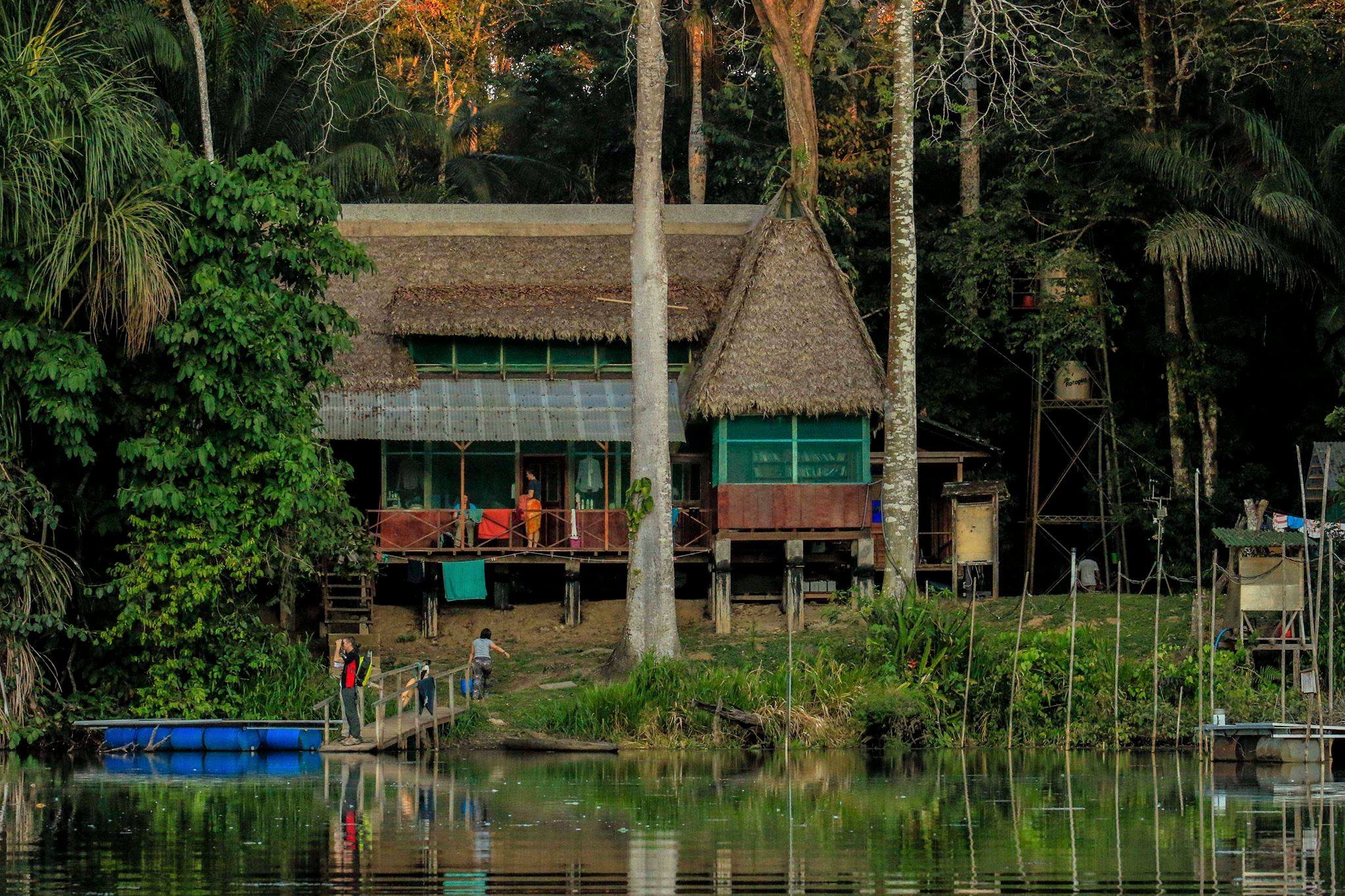
For 50 years, staff at Cocha Cashu Biological Station in Peru have been working to help protect the irreplaceable ecosystem of Peru’s Manu National Park, a landscape critical for sustaining global biodiversity and preventing mass extinction. The 4.2 million-acre national park in the southeastern Peruvian Amazon encompasses the entire Manu River watershed from the Andes mountains to the lowland Amazonian rain forest. Considered to be one of the most pristine ecosystems on the planet, Manu National Park is recognized as a World Heritage Site and is protected as one of the most biodiverse lowland tropical forests in the world. For over three decades, the field station was operated under the auspices of the Peruvian government by John Terborgh, professor of environmental science at Duke University. Cocha Cashu is now jointly managed by SERNANP and San Diego Zoo Global, with the shared goal of maintaining the station’s legacy as a premier site for tropical research, while also expanding the station’s mission to build conservation capacity in Peru, better integrate local communities and wider society, and address Manu Park management objectives and conservation priorities.